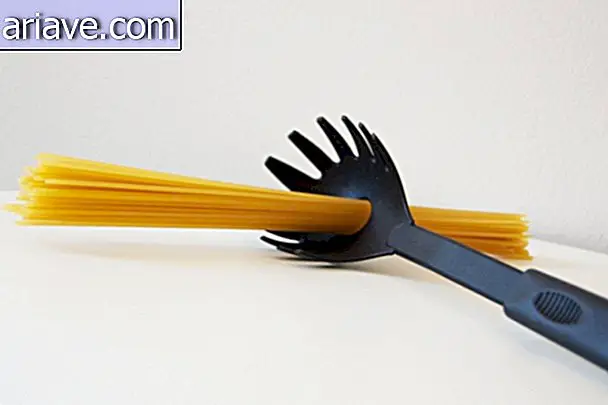A brief history of bread and how it evolved with humanity
Few things can help a person get their day off to a good start, such as a cup of coffee and a warm slice of bread and butter. It's also not easy to resist a juicy hamburger on the loaf or even pass up a lighter snack made with wholemeal bread and a natural filling.
Either way, bread is an important part of cooking in many regions of the world, from French baguette to square-shaped bread. That's why questioning the origin of this recipe is so interesting. Unlike many culinary discoveries in the world, it is not possible to name a single person as responsible for the original idea.
The earliest records of something like modern bread date back more than 12, 000 years ago. The Natufians, people who lived in the region now known as the Jordan Valley in the Middle East, were among the first to develop barley cultivation. These grains were processed into a very thick flour that was put into the fires until it became a rougher version of the food we know today.

With the development of more civilizations and the growth of trade between the populations of this region, this recipe gained popularity until it became central to the formation of our first societies. The favorable conditions for the cultivation of cereals on the Nile caused the Egyptians to improve the recipe, having the idea of fermenting the food, giving it a softer and more pleasant consistency.
Thus, a much closer version of the bread we find today became a central part of Egypt's food and was taken to Europe, where it would become a staple food during the Middle Ages. It was so common that its pasta was even used as a dish by some wealthy families, who then gave the leftover bread to the dogs or the poorer people in the village.

But the period was also marked by food adulteration. The lack of knowledge and the total lack of control of the people in charge made many people mix chalk with the recipe to make the dough whiter or include sawdust to make a small portion yield more. Of course, this all ended with the arrival of industrialization and government regulations, created to guarantee the quality of food produced in the country.
As you see, it is difficult to pinpoint a single people as the ultimate bread maker. So the next time you're enjoying that French roll with a crunchy cone, remember that it's only in your hands today because of the work of various civilizations over thousands of years.
***
Do you know the Mega Curioso newsletter? Weekly, we produce exclusive content for lovers of the biggest curiosities and bizarres of this big world! Register your email and do not miss this way to keep in touch!











